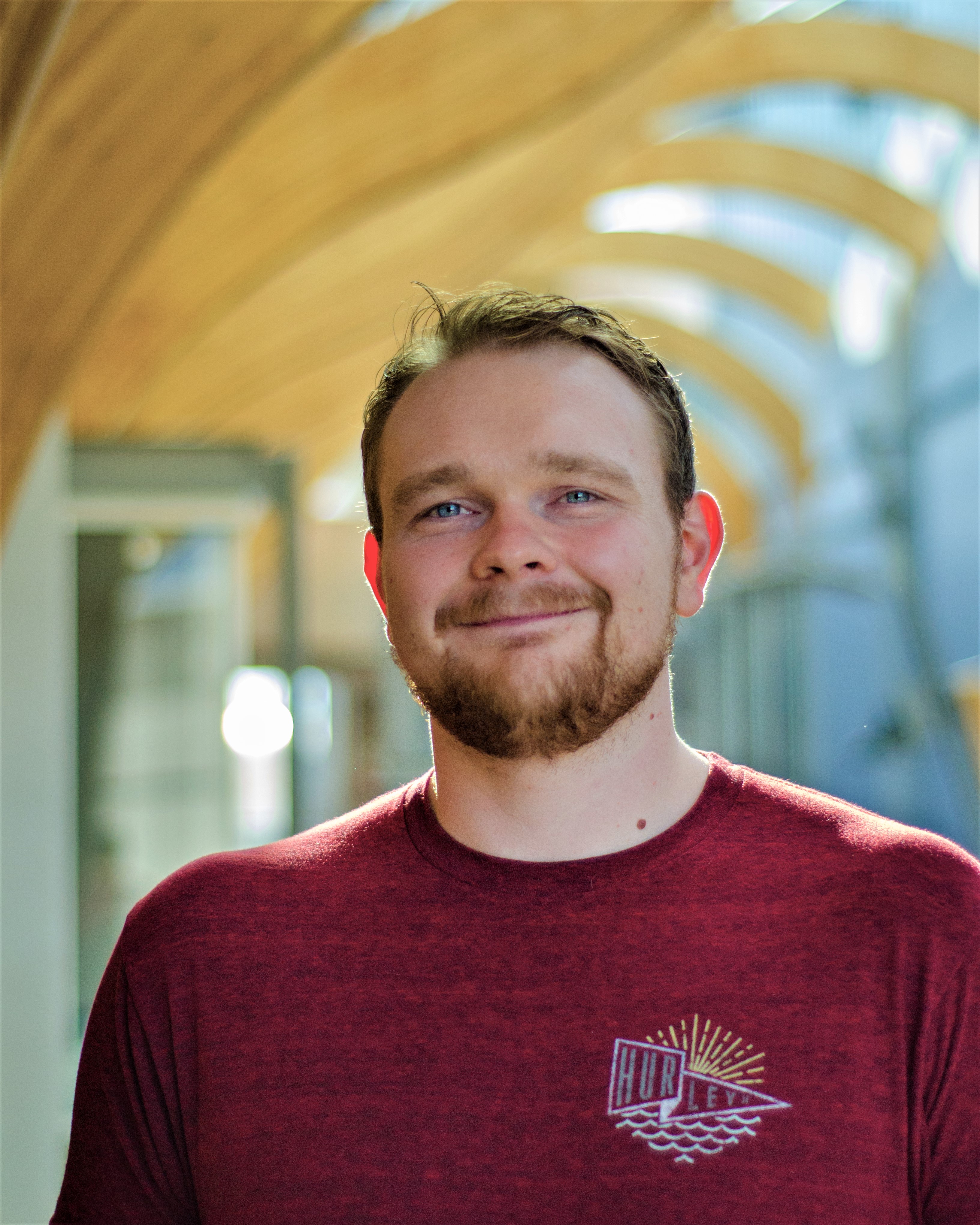Awards and recognition
Dr. Jonathon Briggs awarded prestigious Banting Postdoctoral Fellowship
A prestigious Banting Postdoctoral Fellowship has been awarded to Dr. Jonathon Briggs, who is currently working in the Brumer lab at the University of British Columbia’s Michael Smith Laboratories.

Dr. Jonathon Briggs, Postdoctoral Fellow in the Brumer lab
Briggs’ research involves learning more about how complex carbohydrates are broken down, transported and used by bacteria in the human gut. Study of these mechanisms gives a better understanding of how to best feed gut microbes to benefit human health.
“The human gut plays host to an incredibly complex microbial community,” says Briggs. “Beneficial gut microbes are shown to ease inflammatory bowel and metabolic disease symptoms, and protect against gut infections.”
In his project, he intends to learn more about a specific class of transporter protein called TonB- Dependant Transporters (TBDTs) that can be found in the outer membrane of the Bacteroides, a prominent bacterial species in the human gut microbiota. Bacteroides TBDTs are responsible for the transport of oligosaccharides, but little is known about this process.
Briggs hopes that his research on the transportation process will better inform other researchers about “which oligosaccharides are preferentially targeted for uptake” and “help with future Bacteroides-targeting prebiotic strategies.”
For Briggs, the Banting Postdoctoral Fellowship allows him to continue his research in Canada and provides funding to perform more ambitious techniques on his project, such as cryogenic electron microscopy.
“The Banting Fellowship program is a highly prestigious fellowship known around the world,” said Briggs. “I was eligible to apply for the program because the aim of the program is to keep research in Canada and that attitude towards attracting talent really appealed to me.”
With only 70 fellowships awarded annually, the Banting Postdoctoral Fellowships are granted to the very best postdoctoral applicants, both nationally and internationally. Award winners receive $70,000 a year in funding for up to two years of research.